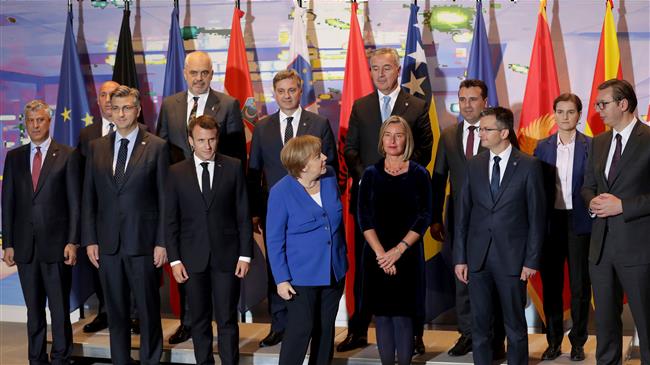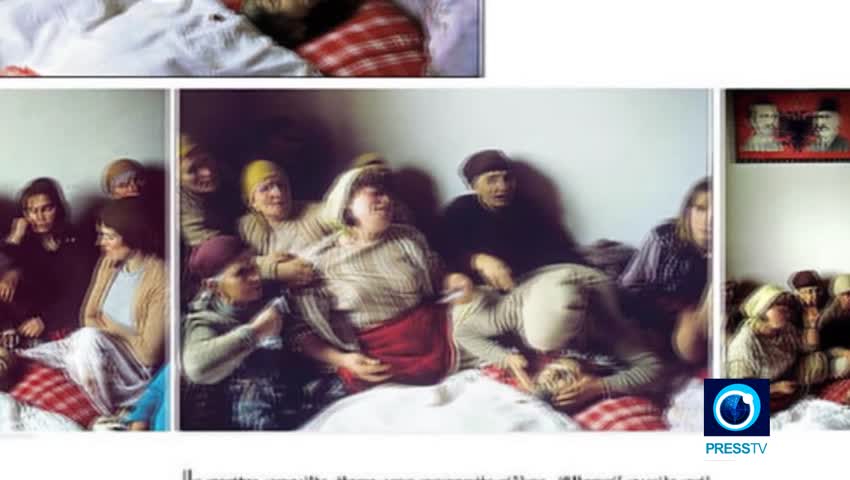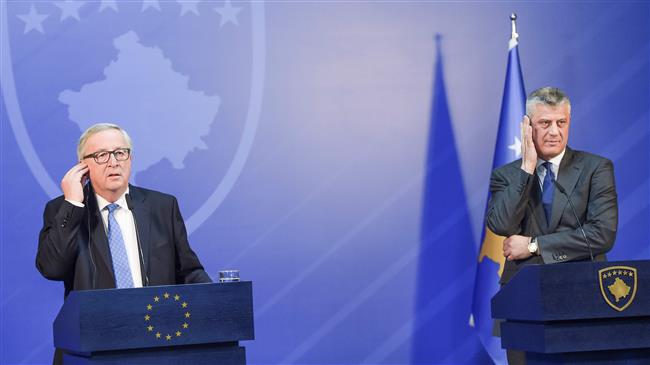Kosovo holding early general elections
People in Kosovo are voting in early general elections, following the resignation of the Kosovan prime minister over alleged war crimes in the late 1990s.
The Sunday vote to elect 120 lawmakers came after prime minister Ramush Haradinaj resigned following a request from a Hague-based court to question him over crimes against ethnic Serbs during and after the 1998-99 war.

Haradinaj is running for an independent seat.
Two other main candidates are law professor and MP Vjosa Osmani, and Albin Kurti, a former protest leader who organized rallies against Serbia.

Kurti’s supporters have given him the nickname the Che Guevara of Kosovo.
Ten seats will go to Kosovo’s roughly 120,000 Serb minority, who have a right to veto constitutional changes.

Kosovo is home to around 1.8 million people, but another 700,000 are estimated to live abroad, mostly in Germany and Switzerland.
The Kosovan diaspora, which has its own ministry, is also a hefty economic force, sending home more than 900 million dollars in 2018.
At home, Kosovo has one of the youngest populations in Europe, with roughly half of its citizens being under the age of 25.
More than 90 percent of Kosovans are Muslim.
Kosovo’s 2008 independence from Serbia is recognized by most governments, but not by Belgrade.
The European Union (EU) — for whose membership Serbia has applied — sees tensions between Belgrade and Pristina as a major threat to regional stability and is pushing for a normalization of relations between them.
Dec. 22: ‘Axis of Resistance’ operations against Israeli occupation
‘Abhorrent’: Oxfam says only 12 trucks delivered aid in North Gaza since Oct.
VIDEO | Leader receives religious eulogists on Hazrat Fatima birth anniv.
Pope Francis slams Israel’s ‘machine-gunning’ of Gaza children
US hostage-taking of Iranian nationals violation of intl. law: Deputy FM
VIDEO | Carol Singers for Palestine on London’s Parliament Square
Ansarullah says ‘Israeli terrorists’ incapable of confronting Yemen, warns of secret weapons
VIDEO | Yemenis praise the military for its successful operations against Israel














 This makes it easy to access the Press TV website
This makes it easy to access the Press TV website